In relationships, there are several warning signs you shouldn't ignore. These include constant arguments, lack of trust, disrespect, extreme jealousy, reluctance to discuss the future, money problems, negative comments about loved ones, and baggage from past relationships.
Recognizing these issues early can help you address them and possibly save your relationship. Let's take a closer look at these red flags to better understand how they can affect your partnership.
Key Takeaways
- Persistent communication breakdowns signal deep-rooted trust issues.
- Disrespectful behavior and ignoring boundaries erode mutual respect and self-esteem.
- Jealousy and controlling actions indicate underlying insecurity and possessiveness.
- Avoiding commitment and future planning reflects uncertainty about the relationship's longevity.
Constant Communication Breakdown
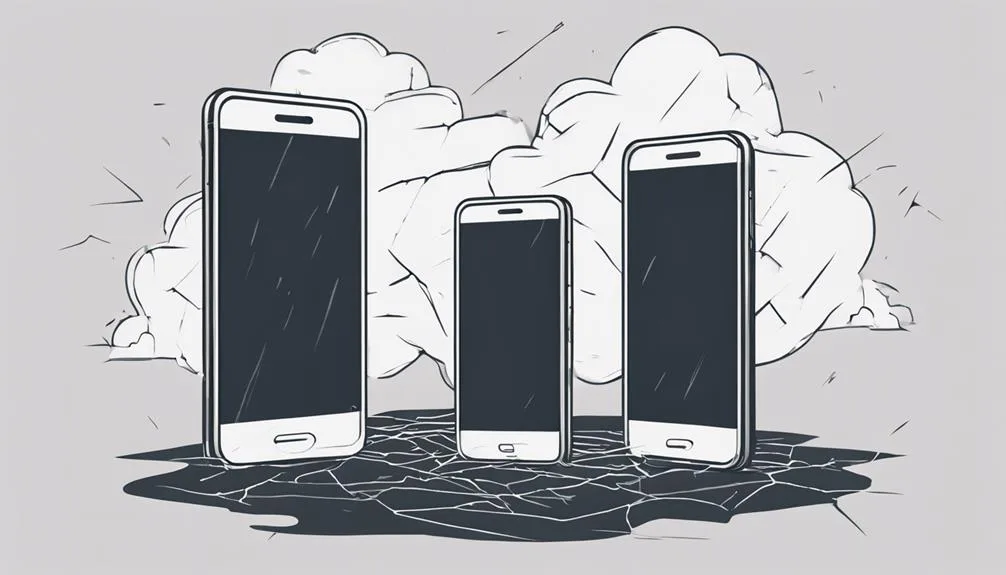
Frequently, you'll find that a constant breakdown in communication signals a deeper issue in your relationship. It's not just about the occasional misunderstanding or disagreement; it's the persistent feeling of talking past each other, leaving you feeling disconnected and frustrated.
When your partner resorts to the silent treatment or you find yourself emotionally withdrawing, these aren't just minor hiccups. They're indicative of a deeper problem, where instead of confronting issues head-on, you or your partner choose avoidance. This behavior doesn't solve anything; it only festers and grows, undermining the very foundation of your relationship.
Recognizing these patterns of emotional withdrawal and silent treatment early can be critical in addressing and hopefully mending the communication breakdown before it's too late.
Lack of Trust
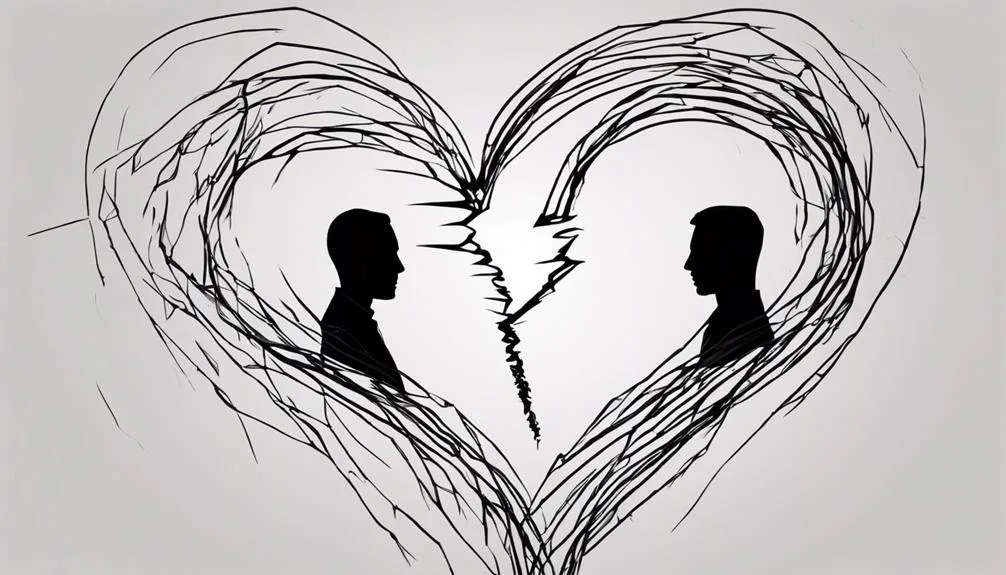
Moving beyond communication issues, another significant red flag in relationships is a lack of trust. Trust is the foundation of any strong relationship, and without it, you're likely to face constant worry and insecurity.
Here's what to look out for:
- Secretive behavior that leaves you feeling excluded or suspicious.
- Excessive independence, where your partner avoids sharing experiences or making joint decisions.
- Reluctance to introduce you to friends or family, hinting at a lack of importance.
- Frequently broken promises, undermining trust and reliability.
- Unwillingness to discuss future plans together, indicating a lack of trust in the relationship's longevity.
If you're experiencing these issues, it's important to address them directly. Lack of trust can erode the very fabric of your connection, leaving you feeling disconnected and alone.
Disrespectful Behavior

Disrespectful behavior, a relationship red flag, can manifest in various ways, often leaving you feeling undervalued and hurt. It's important to recognize these signs early on. Here's a table to help you identify some key indicators:
| Form of Disrespect | Why It's Harmful |
|---|---|
| Public humiliation | Diminishes your self-esteem in front of others. |
| Silent treatment | Communicates contempt and disapproval without dialogue. |
| Constant criticism | Erodes your confidence and sense of self-worth. |
| Ignoring boundaries | Shows a lack of respect for your personal space and decisions. |
If you're experiencing these behaviors, it's a sign that you need to reassess the health of your relationship. Remember, everyone deserves to be treated with respect and dignity.
Overwhelming Jealousy
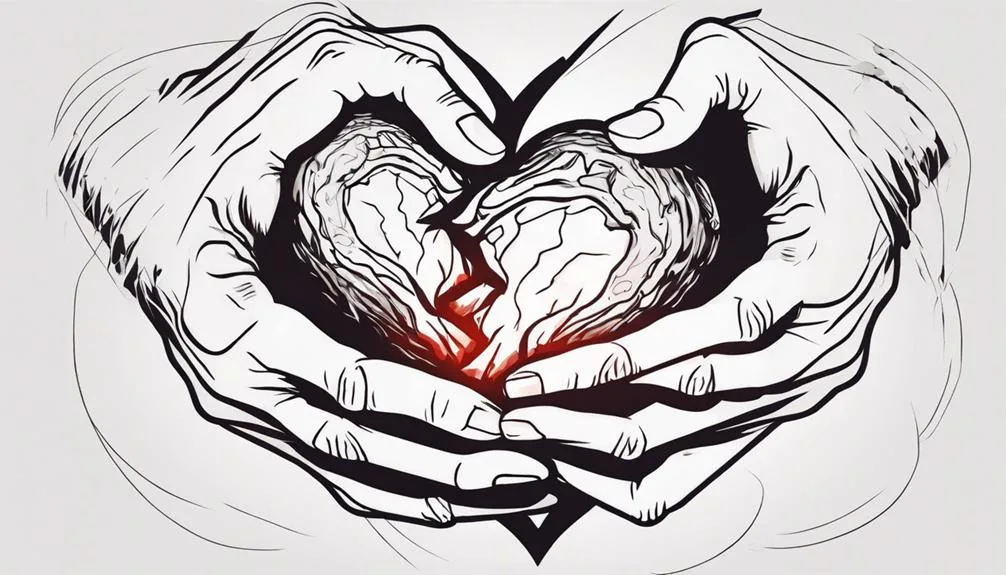
While understanding disrespectful behavior is key, it's also important to recognize when overwhelming jealousy becomes a red flag in your relationship. Jealousy, when it goes beyond occasional, mild concerns, can sabotage the trust and happiness you share. Identifying what triggers this jealousy and learning effective coping strategies are essential steps in addressing the issue.
To keep you engaged, here's what you need to watch out for:
- Constant checking of your phone or social media without permission
- Unfounded accusations of flirting or cheating
- Discouragement from spending time with friends or family
- Demanding access to your personal communication
- Overreaction to platonic interactions with the opposite sex
Addressing these triggers and employing healthy coping strategies are key to maintaining a balanced and respectful relationship.
Avoiding Future Plans
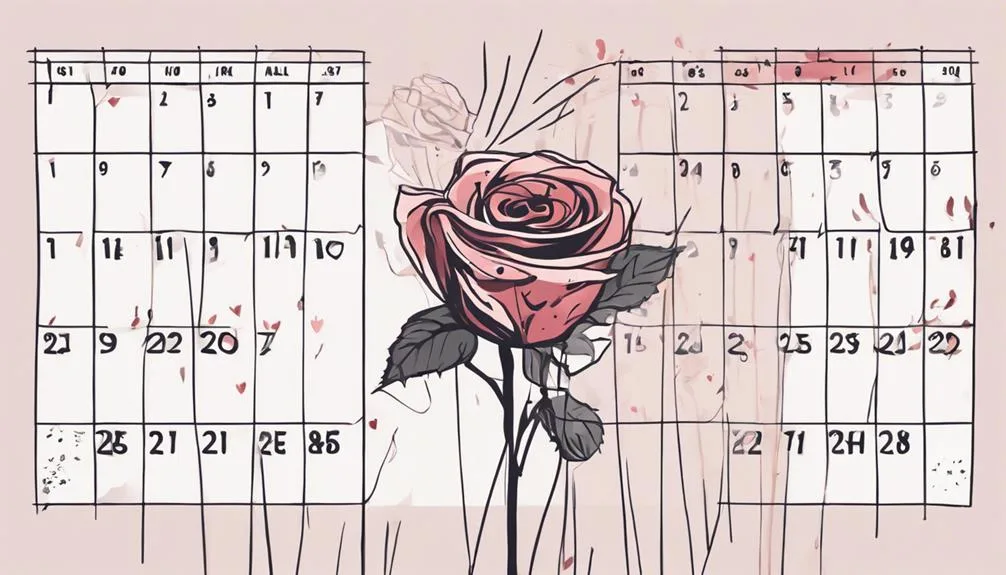
Another red flag in your relationship is if your partner consistently avoids making future plans with you. It's worrisome when they dodge conversations about holidays or seem indifferent to sharing hobbies. This behavior can indicate a lack of commitment or interest in deepening the relationship. Pay attention to how they react to the idea of planning activities together.
| Sign of Avoidance | What It Might Mean |
|---|---|
| Holiday avoidance | Fear of commitment |
| Hobby indifference | Lack of shared interests |
| Ignoring long-term plans | Uncertainty about the relationship |
| Reluctance to set dates | Avoidance of responsibility |
Being aware of these signs can help you address issues early on and decide if the relationship aligns with your expectations and needs.
Financial Incompatibility
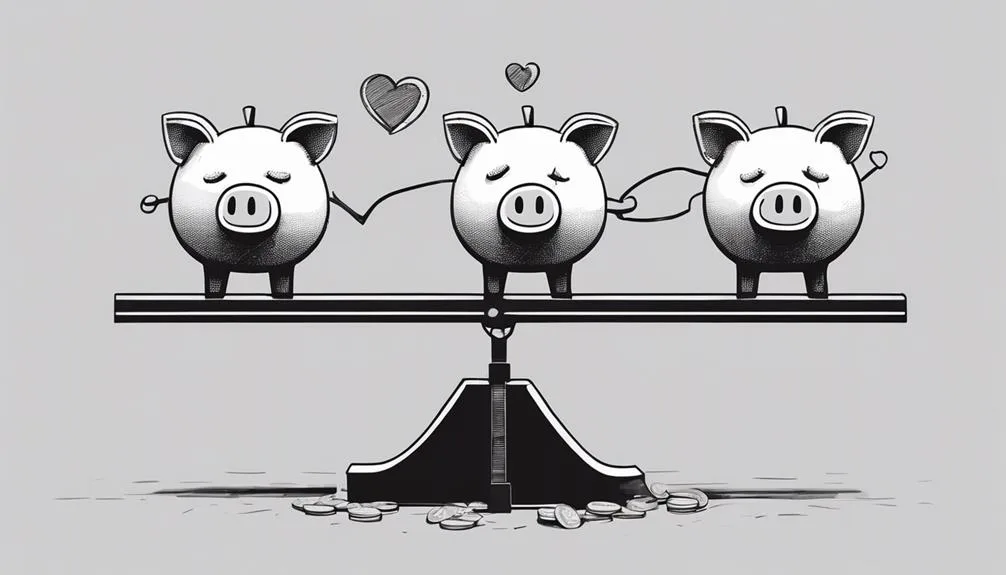
Financial incompatibility can strain a relationship, especially when you're not on the same page about spending, saving, or financial goals. It's important to recognize early on if money matters might lead to bigger issues down the line. Here's what to look out for:
- Divergent spending habits: You're frugal, but they're a spendthrift.
- Income disparity: A significant gap can create tension.
- Secret accounts or hidden debt: Transparency is key.
- Disagreements on financial priorities: Saving for a house vs. splurging on vacations.
- Reluctance to discuss money: Avoiding the topic can signal deeper issues.
Addressing these signs early can help you navigate through potential financial incompatibility, ensuring both partners feel understood and respected in their financial journey together.
Disparaging Friends and Family
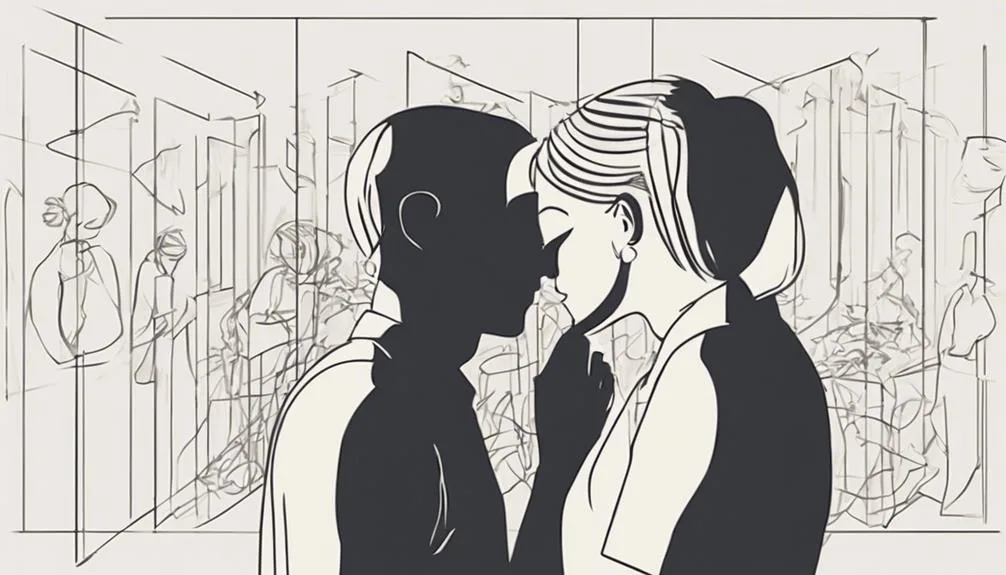
Beyond financial matters, it's also important to notice if your partner frequently speaks negatively about your friends and family. This behavior isn't just hurtful; it's a red flag pointing towards potential social isolation.
By disparaging those closest to you, your partner might be attempting to weaken your support network, making you more dependent on them. It's a subtle form of communication control, where they gradually become the main, if not the only, influence in your life.
Recognizing this early on is key. If you find your partner constantly criticizing your loved ones or making you choose between them and your family or friends, it's time to reassess the relationship. This isn't just about personal preference; it's a tactic that can lead to isolation.
Unresolved Past Issues
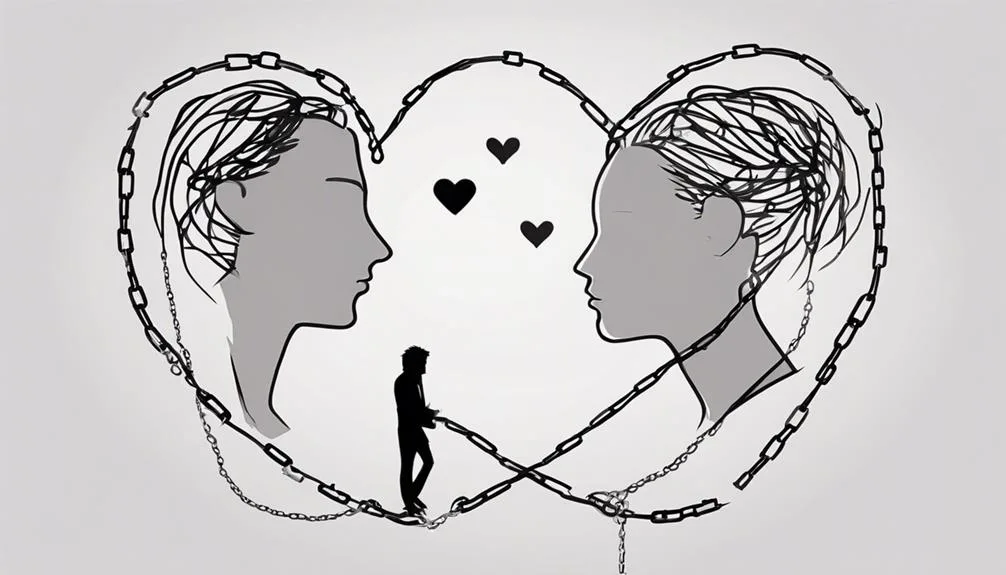
Carrying unresolved issues from past relationships into a current one can severely impact its health and longevity. When you drag emotional baggage into a new relationship, it's like walking through quicksand—every step becomes harder, and progress feels impossible. These unresolved issues often manifest in various harmful ways, making it important to address them.
- Trust issues that make you question your partner's intentions or loyalty.
- Jealousy that seems irrational but stems from past betrayals.
- Communication breakdowns because you're projecting past arguments onto current discussions.
- Forgiveness challenges making it hard to move past even minor conflicts.
- Fear of commitment because you're worried history will repeat itself.
Recognizing these red flags is the first step towards healing and building a healthier relationship.
Conclusion
Having explored eight significant red flags in relationships, the essence of recognizing these early can't be overstated. Dealing with constant misunderstandings, trust issues, disrespect, unwarranted jealousy, reluctance about the future, financial disagreements, negativity towards loved ones, and an inability to let go of the past can be pivotal in safeguarding your emotional well-being.
Addressing or acknowledging these signs may not be easy, but it's crucial for your happiness and mental health. Reflect on how prioritizing these aspects can lead to healthier relationships. Does this awareness empower you to make better choices for your emotional and mental well-being?

